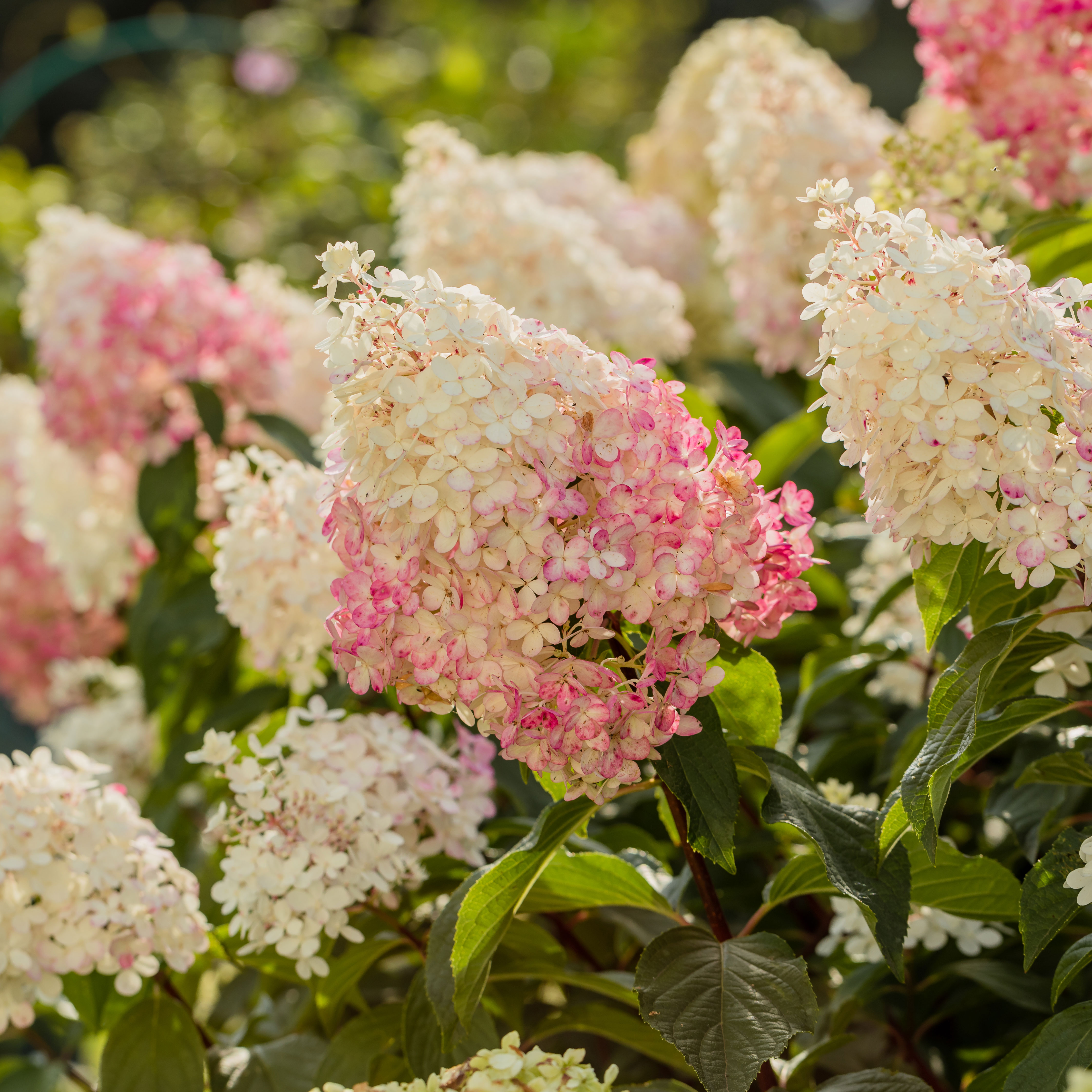Explore The World Of Insects With “Bugging Out”
Understanding the amazing benefits of insects can change our perspective on how important they are and maybe change how we treat them.


Often an insect crosses our path in an annoying or threatening manner and our first thought is to squash it. But a more grown-up reaction would be to appreciate the little critter and let it go on its way. The benefits of insects on the environment are holistic and grand.
How do insects benefit humans? Without many of our common bugs, we wouldn’t have food, the world would be covered in garbage, and many everyday products like wax and silk wouldn’t exist. One of the newer benefits of insects may come from its potential as a food supply. Some theorize that bugs could save the human race.
What Is the “Bugging Out” Trend?
Bugging out is a new concept that sees us using insects in design and providing habitat for beneficial bugs. Insects feature prominently on everything from pillows to jewelry. Honoring our insect friends by commemorating their images on everyday items is a way to pay tribute to their useful ways. It has also become popular to attract certain insects to the garden. This may be through beekeeping, erecting insect hotels, and planting to encourage pollinators. Through hosting and attracting insects, we can harvest the benefits of bugs right outside our doors.
The Benefits of Insects
For those who are a bit phobic regarding bugs, you may be wondering, “What are the benefits of insects? There are over 1.5 million insects named, with many more yet undiscovered. Their diversity in size, form, and life cycle is much broader than any other animal.
Insects may be tiny but they shoulder the weight of the world on their nonexistent shoulders. Insects pollinate flowers which in turn become our food. They help break detritus down into rich soil, and predatory bugs keep potential bad actors in check. Insects are a primary food source for many mammals, fish, and birds. Insects produce honey, wax, silk, dyes, and other useful items.
What are the Benefits of Eating Insects?
We may think eating insects is a new trend, but many cultures have been doing just that for centuries. Bugs are plentiful, fairly inexpensive to farm, do not require as many resources to raise as animals like cows, and are low in fat and high in protein. There are many varieties of insects suitable for human consumption and some are even turned into “flours” for use in baking. Insect farming could be a sustainable and profitable business for small farmers. It could provide nutritious, low-cost food for regions stricken by famine. In short, eating bugs is likely in our future.
How to Try the “Bugging Out” Trend
There are many ways to experience the bug-out trend. On a child’s level, get kids interested in bugs through ant farms, local insect tours, and fun books.
Gardening tips, videos, info and more delivered right to your inbox!
Sign up for the Gardening Know How newsletter today and receive a free copy of our e-book "How to Grow Delicious Tomatoes".
- When shopping for the home and for gifts, consider purchasing insect-themed items that aid in conservation and habitat renewal.
- Plant flowers and native plants that serve as food, cover, and hatching sites, and draw insects to your garden.
- Let the garden get a little untidy by leaving leaves, logs, stumps, and other natural debris lying as hiding and mating places.
- One of the biggest ways to join the bug-out trend is to avoid insecticides. Practice organic, non-toxic methods of pest control which will keep beneficial insects safe. Sticky traps, neem oil, homemade repellents, and other safe methods of moving bad insects from the home and garden will ensure broad-spectrum sprays don’t harm the good guys.
And the next time you see a spider in the house, don’t just step on it. Consider trapping it in a glass and moving it outside.

Bonnie Grant is a professional landscaper with a Certification in Urban Gardening. She has been gardening and writing for 15 years. A former professional chef, she has a passion for edible landscaping.
-
 8 Perfect Flowers To Plant With Tomatoes To Boost Yields & Banish Pests
8 Perfect Flowers To Plant With Tomatoes To Boost Yields & Banish PestsDon’t forget flowers when choosing companion plants for your tomato beds or pots. These pretty, fragrant blooms add beauty but are also highly beneficial.
By Mary Ellen Ellis
-
 Want The Longest Lasting Hydrangea Flowers? Grow These 8 Panicle Hydrangea Varieties
Want The Longest Lasting Hydrangea Flowers? Grow These 8 Panicle Hydrangea VarietiesFor ornamental shrubs that deliver the longest flowering seasons with plush blooms and delicate hues, these panicle hydrangea varieties are essential in your yard
By Tonya Barnett